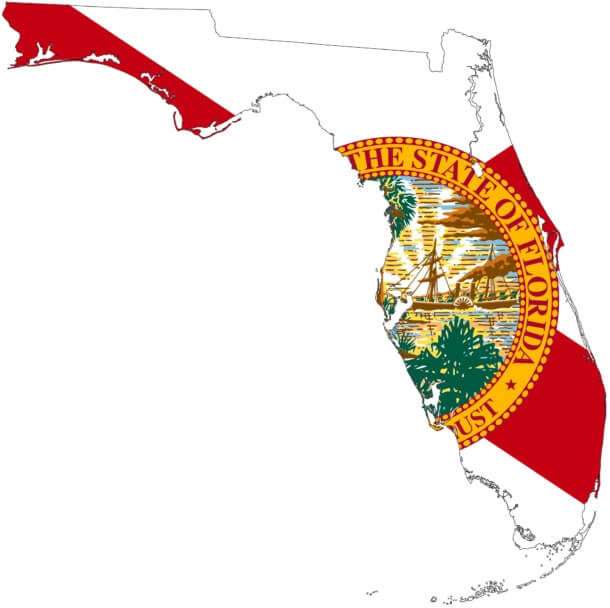by Murray Rothbard
The recent rioting and virtual civil war in Northern Ireland points out, both for libertarians and for the world at large, the vital importance of pushing for and attaining the goal of national liberation for all oppressed people. Aside from being a necessary condition to the achievement of justice, national liberation is the only solution to the great world problems of territorial disputes and oppressive national rule. Yet, all too many anarchists and libertarians mistakenly scorn the idea of national liberation and independence as simply setting up more nation–states; they tragically do not realize that, taking this stand, they become in the concrete, objective supporters of the bloated, imperialistic nation–states of today.
Sometimes this mistake has had tragic consequences. Thus, it is clear from Paul Avrich’s fascinating and definitive book1 that the anarchists in Russia had at least a fighting chance to take control of the October Revolution rather than the Bolsheviks, but that they lost out for two major reasons: (1) their sectarian view that any kind of definite organization of their own movement violated anarchist principles; and (2) their opposition to the national independence movements for the Ukraine and White Russia on the ground that this would simply be setting up other states. In this way, they became the objective defenders of Great Russian imperialism, and this led them to the disastrous course of opposing Lenin’s statesmanlike “appeasement peace” of Brest-Litovsk in 1918, where Lenin, for the sake of ending the war with Germany, surrendered Ukrainian and White Russian territory from the Greater Russian imperium. Disastrously, both for their own principles and for their standing in the eyes of the war-weary Russian people, the Russian anarchists called for continuing the war against “German imperialism,” thereby somehow identifying with anarchy, the centuries-old land grabs of Russian imperialism.
Let us first examine the whole question of national liberation from the point of view of libertarian principle. Suppose that there are two hypothetical countries, “Ruritania” and “Walldavia.” Ruritania invades Walldavia and seizes the northern part of the country. This situation continues over decades or even centuries. But the underlying condition remains: the Ruritanian State has invaded and continues to occupy and exploit, very often trying to eradicate the language and culture of the North Walldavian subject people. There now arises, both in northern and southern Walldavia, a “North Walldavian Liberation Movement.” Where should we stand on the matter?
It seems clear to me that Libertarians are bound to give this liberation movement their ardent support. For their object, while it might not be to achieve an ultimate stateless society, is to liberate the oppressed North Walldavians from their Ruritanian State rulers. The fact that we may not agree with the Walldavian rebels on all philosophical or political points is irrelevant. The whole point of their existence—to free the Northern Walldavians from their imperial oppressors—deserves our wholehearted support.
Thus is solved the dilemma of how Libertarians and anarchists should react toward the whole phenomenon of “nationalism.” Nationalism is not a unitary, monolithic phenomenon. If it is aggressive, we should oppose it; if liberatory, we should favor it. Thus, in the Ruritanian–Walldavian case, those Ruritanians who defend the aggression or occupation on the grounds of “Greater Ruritania” or “Ruritanian national honor” or whatever, are being aggressive nationalists or “imperialists.” Those of either country who favor North Walldavian liberation from the imperial Ruritanian yoke are being liberators and, therefore, deserve our support.
One of the great swindles behind the idea of “collective security against aggression,” as spread by the “internationalist” interventionists of the 1920s and ever since, is that this requires us to regard as sacred all of the national boundaries which have been often imposed by aggression in the first place. Such a concept requires us to put our stamp of approval upon the countries and territories created by previous imperial aggression.
Continue here.


